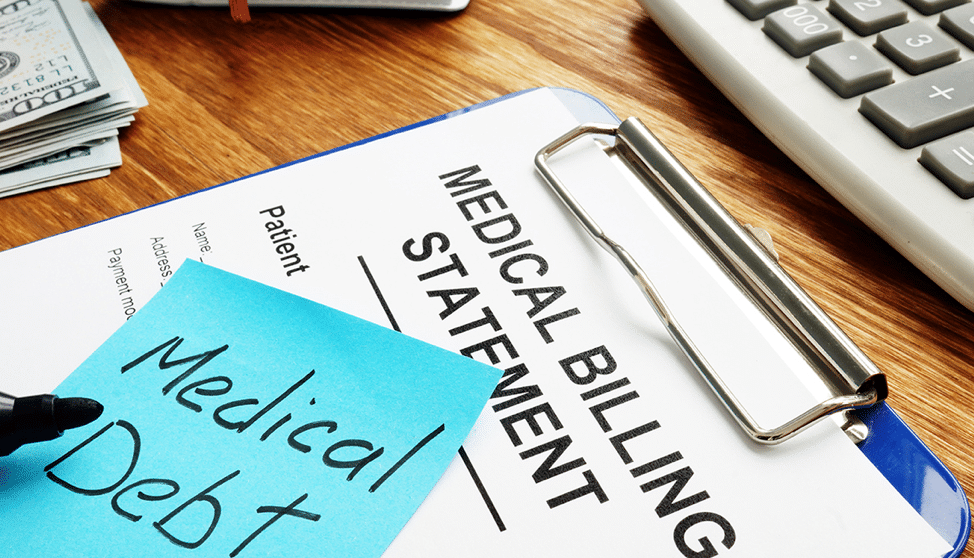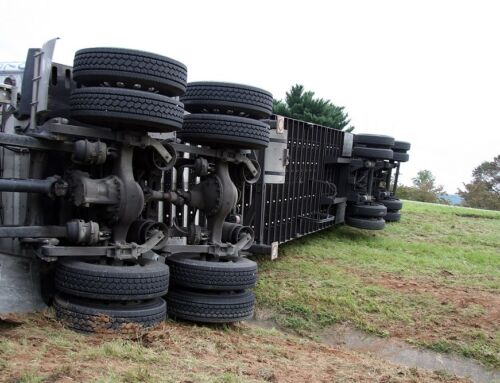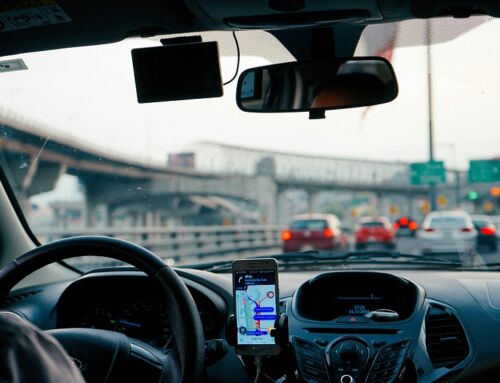Being injured in a car or truck accident can be scary, but having outstanding medical bills looming can be even scarier. Many of these medical bills can cost thousands and thousands of dollars that many people don’t have just laying around. We are going to walk you through a step-by-step process for approaching your medical bills in an ongoing personal injury case. Life can be scary at times but with the right preparation, obstacles can be overcome.
- Submit it to health insurance. If you have personal injury protection then send your bills there and they will pay them. If your PIP runs out or if you don’t have PIP at all like many Americans, then you’ll need to communicate with your health insurance provider. It is very important to stay in contact with your health provider after a significant injury has occurred to you. Chances are they will cover a significant portion of the bills even while your case remains unresolved. You may also be able to get your bills deferred until after the case is closed. The worst thing you can do is allow the bills to reach collections.
- If they tell you your health insurance won’t pay, that is typically wrong. What’s the point of having health insurance if they won’t pay your medical bills?
- Primary vs secondary payer. If you have more than one health insurance provider, then these providers are classified as either primary or secondary payers. Your medical bills would be first sent to the primary payer and then after they pay their share then the rest is sent to the secondary payer. Keep in mind that depending on who the secondary payer is, they may not pay all of the remaining medical bills.
- Medicare will pay. Medicare is a free government health insurance plan for those that are 65 and older. They are usually considered secondary payers unless you do not have another plan. Keep in mind that even though they will usually pay the rest of your medical bills, they may try to get reimbursed after your case is closed.
- Sometimes you will need an exhaustion letter for some health insurances especially Union plans. After your PIP or Medical Payments Coverage runs out, your health insurance provider may request an exhaustion letter from your auto carrier. This just states that your benefits ran out so that they will start to pay the remainder of the bills.
- If you don’t have health insurance, your options are either don’t pay (not advised), get on a payment plan, or negotiate to fully settle. By not paying your medical bills, you risk getting sent to collections. This can be detrimental to your credit score.
- If you settle, typically you can do so with a “self-pay discount” which is typically between 15% to 50% discount depending on the provider.
- Insist on an email from them saying the bill is paid in full for $X payment. It is always good to have something in writing.
- If your bills hit collections, contact your attorney immediately. This is the worst-case scenario for your medical bills. Your attorney can help you mitigate the damage when this happens.
- Beware signing “liens” from chiropractors and physical therapy offices. Liens ensure that these places will be repaid but they can tack on more money to existing bills. It is best to consult with your attorney before signing these kinds of “liens.”
- Beware Places telling you they will charge auto insurance and you won’t pay (Chiros). Your car insurance may or may not cover medical payments as part of your car insurance policy. You need to make sure that this is okay with them first.





